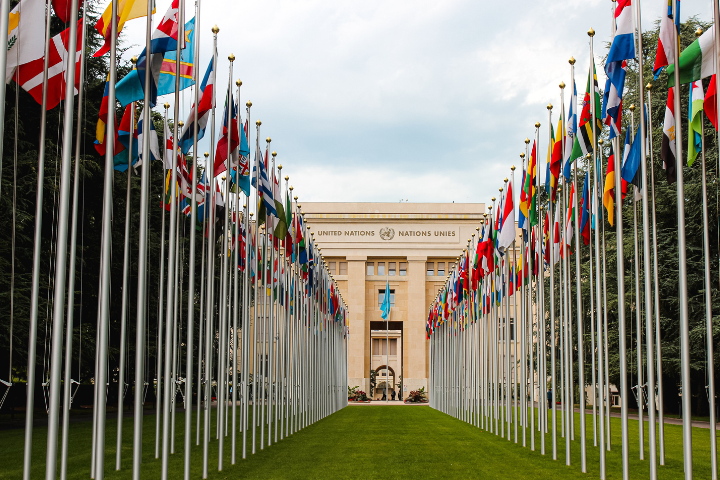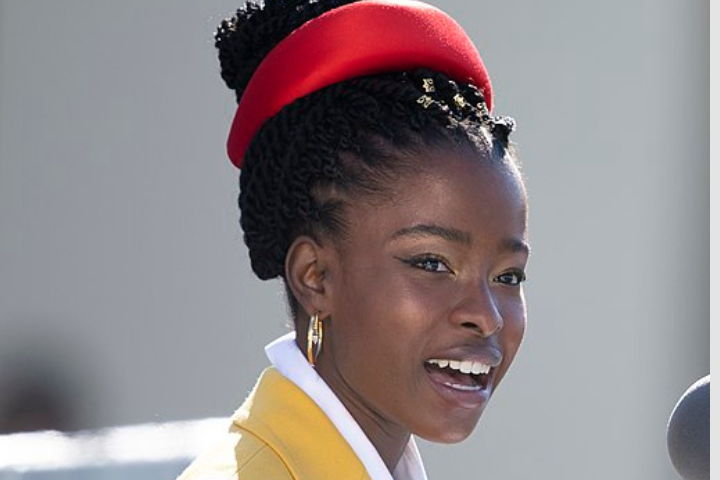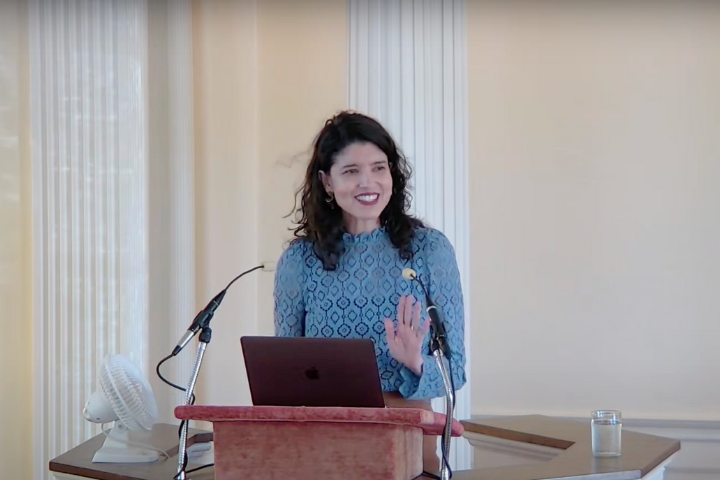Two decades after the momentous Rose Revolution, Georgia has arrived at a pivotal crossroads. One way points toward rights-respecting Europe, a future that the vast majority of Georgian citizens desire; the other path points the way Russia, an authoritarian model favored by Georgia’s ruling party, Georgian Dream, and its founder and current éminence grise Bidzina Ivanishvili.
With this new report, Taming Culture in Georgia, PEN America documents what the current Georgian government’s drive to curb freedom of expression and take control of the country’s various cultural sectors. The movement towards authoritarianism often begins with the silencing artists and writers. Autocrats understand all too well of cultural production to shape public discourse and foster dreams of better worlds. This report serves as a call to the international community that Georgia is at serious risk of further democratic backsliding.
This report takes its title from the award-winning film “Taming the Garden,” directed by Georgian director Salomé Jashi. The film narrates the story of a prominent individual called “Ivanishvili,” who orchestrates the transplantation of centuries-old trees to his personal estate. Bidzina Ivanishvili is said to have moved ancient trees to his private seaside residence. Given Georgia’s current political climate, it came as little surprise that the newly appointed, government-backed head of the Georgian National Film Center canceled screenings of the movie, just one of several such instances highlighted in this report. Artists and writers face repercussions when they are perceived to be working against government interests.
Georgia boasts a rich and long cultural history, dating back to the Kura–Araxes culture in 4000 BC. It was the second country in the world, following France, to establish a cinema; poets are national celebrities. Even seventy years of Soviet era restrictions against expression couldn’t prevent a vibrant rekindling of Georgia as hub for the arts in the wake of independence. Artists, writers, filmmakers, poets, and other cultural workers engaged in exhibitions and residencies, allowing them to play a pivotal role in promoting the development of a vibrant, democratic society founded on shared values and fundamental human rights.
The future of this vibrant, open, and democratic Georgia is now at risk. In 2021, Tea Tsulukiani, a former Justice Minister and a staunch supporter of the Georgia Dream party, assumed the role of Minister of Culture. Tsulukiani began replacing cultural leaders with party appointees (most of whom had little experience in culture), trading experts with partisans, and tying funding to political interests, all behind a facade of “reorganization” and “audits.”
Georgia’s cultural community has actively opposed the Ministry of Culture’s actions and continues to do so, organizing protests, issuing manifestos, orchestrating boycotts. In calling on the global community to recognize the dangerous repercussions of Tsulukiani’s actions, Georgia’s artists and curators and writers are drawing attention to compromised freedom of expression, shrinking civic space, and erosion of democracy in their country.
For all the dire news, Georgia is not a lost cause. The possibility to alter the trajectory is real, to become the truly genuinely independent country based on the rule of law and human rights that most Georgians long for. Our report includes several recommendations for the Georgian government, including proactive implementation of the 12 priorities established by the EU for Georgia’s candidacy and the establishment of independent expert bodies to support cultural freedom and expression principles in the arts.
Meanwhile, donor countries and private investors can help by increasing direct support for Georgia’s cultural life and those who produce and protect it. Freedom of expression and artistic creativity go hand in hand, igniting curiosity, questioning established norms, envisioning a better future.











